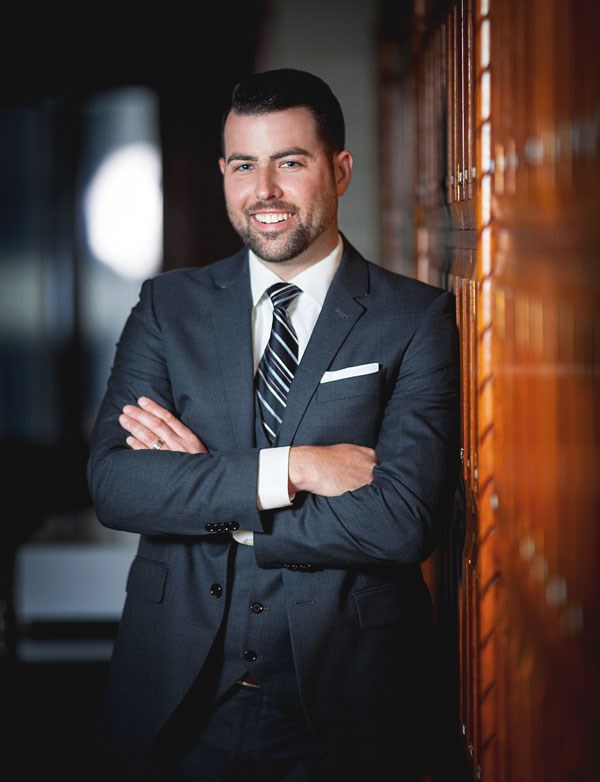Probably the biggest misconception people have about the Chartered Professional Accountant (CPA) designation is that it’s just for accountants. But it’s for marketers, sales, human resources, operations and pretty much any function. Crazy, right? Well, it’s the 21st century which means you need to be creative to get ahead in your career.
Christopher Lythgo is the perfect example of such a person. You would never expect a former combat logistics officer from the Canadian Armed Forces to sign up to become a CPA, CMA, but he did five years ago. And his journey is an interesting one.

What does your job entail?
I work with some of Canada’s private companies to help them become more profitable globally. I help build private companies; I offer management consultant services to help these companies grow, become more productive and enhance their management capabilities.
How long have you worked in accounting?
Well, I don’t really work in accounting. It’s a useful skill-set that I can use externally with clients to help understand their financial statements and add value to their business. I can use it to manage consulting operations, business key performance indicators (KPI) and profit and loss (P&L). But I don’t view myself as an accountant but as a CPA, CMA.
When did you get your designation and why?
I completed the program in 2010. I was originally working in sales and marketing for a global consumer packaged goods company. I found the work was mostly about cost accounting, trade finance and return on investment (ROI). I realized I needed to pick up that skill set to advance in that industry and that’s what made me want to do it. I ended up changing companies after I became designated and moved into consulting.
How has the CPA designation helped your career advancement?
Before I enrolled in the program, I had a specific idea of what I thought I would get out of the program. But it’s interesting how it’s all played out and helped my career. It’s not all about the numbers, but it’s more a fact-based strategic thinking. It’s allowed me to think more broadly about what the meanings are behind the numbers and how they relate to the business at hand. A CPA designation helps you make smart, fact-based decisions and it’s a skill-set that’s become instrumental in my career.
Being a CPA, CMA has presented me with many opportunities and has given me a differentiated skill-set that brings value to my personal life outside of work. I sit on the Board of Directors for the Vancouver Board of Trade. It’s not something I ever imagined doing, but I am a productive, contributing and invaluable member at the table. I am passionate about Vancouver and anything I can do to help the companies here, and advocate for the right causes is definitely something I’m interested in.
Why do you think someone should get a CPA and what does that involve?
The CPA program gives you skills and confidence to add more value in your workplace. It allows you to differentiate yourself compared to other employees and other people in the marketplace.
The most obvious thing you get out of a CPA is the education, however you’re also committing to life-long professional development opportunities with the CPA. Because once you receive your CPA designation, you have to keep and maintain it, so there are professional development requirements annually you must achieve. It’s definitely been very interesting and stimulating.
What helpful advice do you have for someone thinking of going through the CPA program?
I think the one thing everyone should know is that it’s a definitely commitment in time and energy. Depending on your background, skills, learning curve, ability to adapt, you’re going to have a different experience. But depending on how much work you put into it you’ll get a rewarding outcome.
What is one thing people would be surprised to learn about you professionally?
I majored in political science for my undergraduate degree and later received an MBA in corporate finance. I worked in sales and marketing for many years before becoming a CPA, CMA. Before that, I was a combat logistics officer in the Canadian Armed Forces. And now I’m a management consultant. I’ve never actually done an accounting job in the traditional sense, I don’t call myself an “accountant” but a “CPA, CMA.”
Complete this sentence: Becoming a CPA has taught me______.
Becoming a CPA, CMA has taught me to be a much more fact-based, strategic thinker. The CPA designation has given me the framework and skills to get granular with information to link business tactics to strategy.


